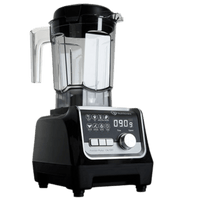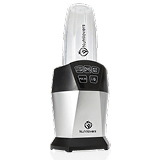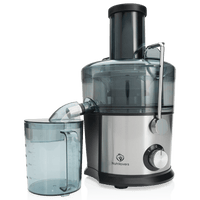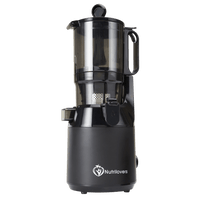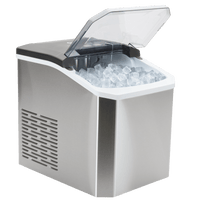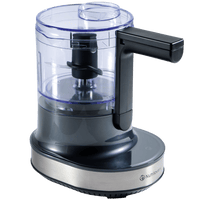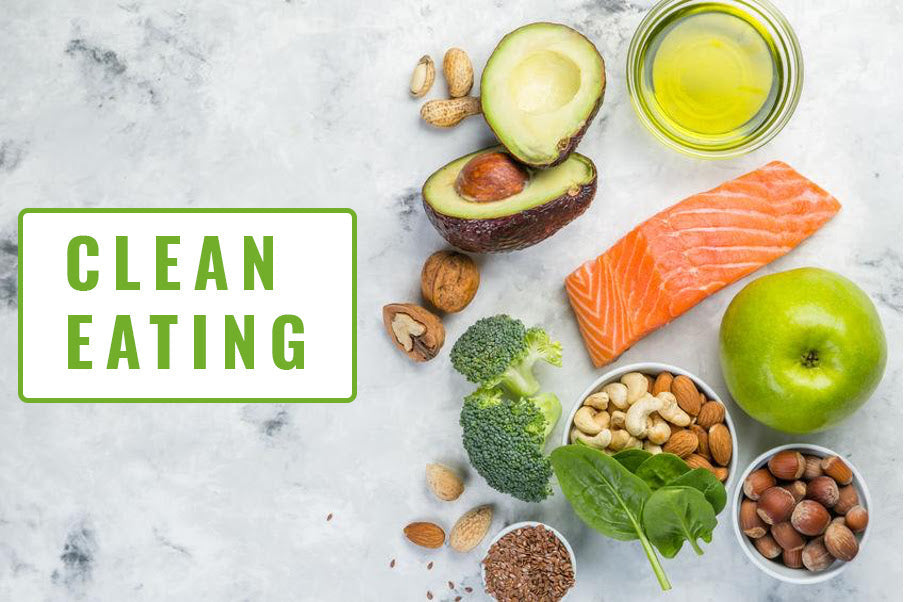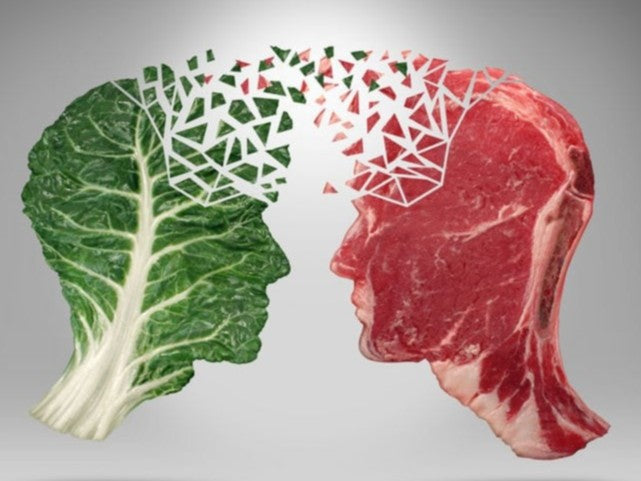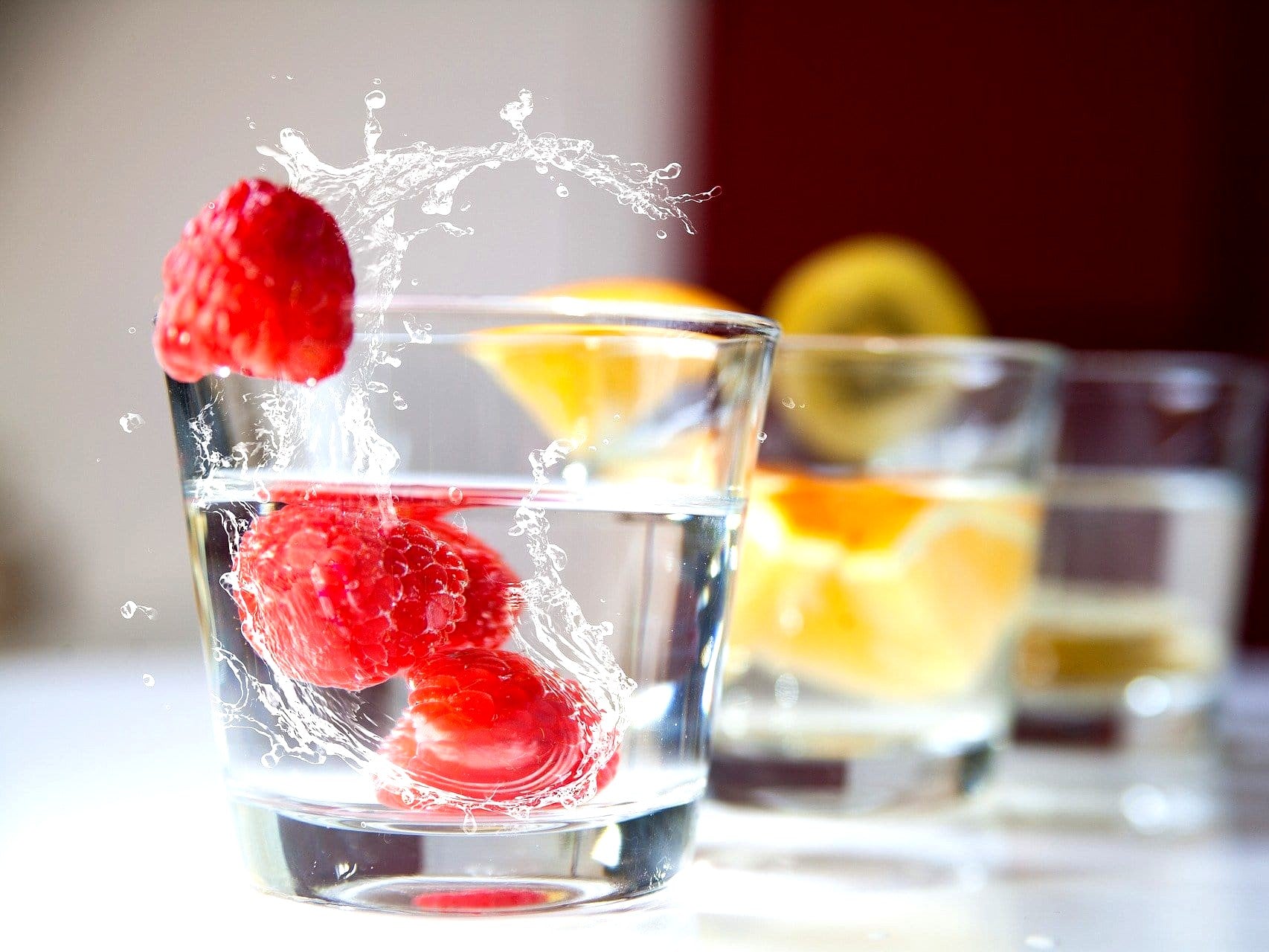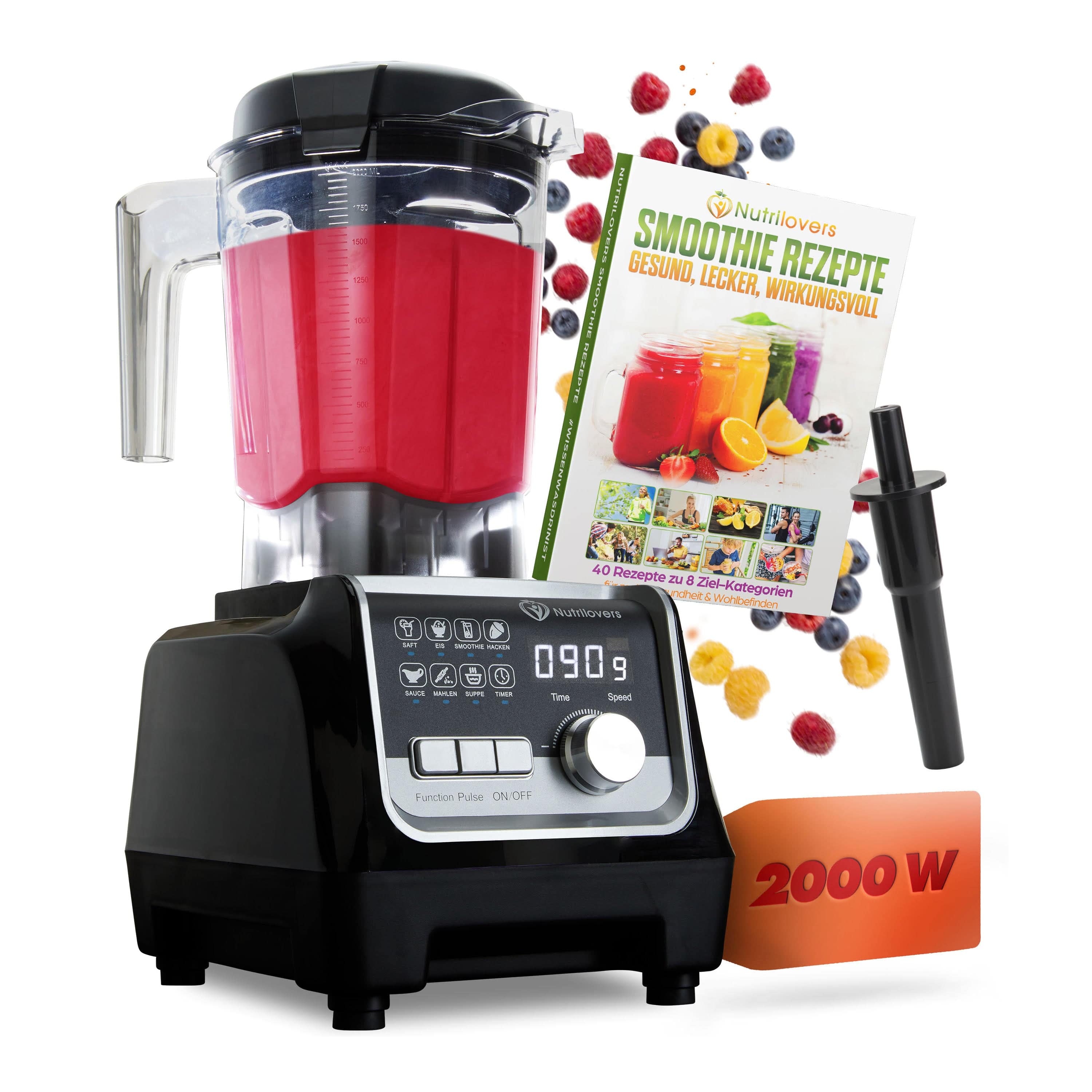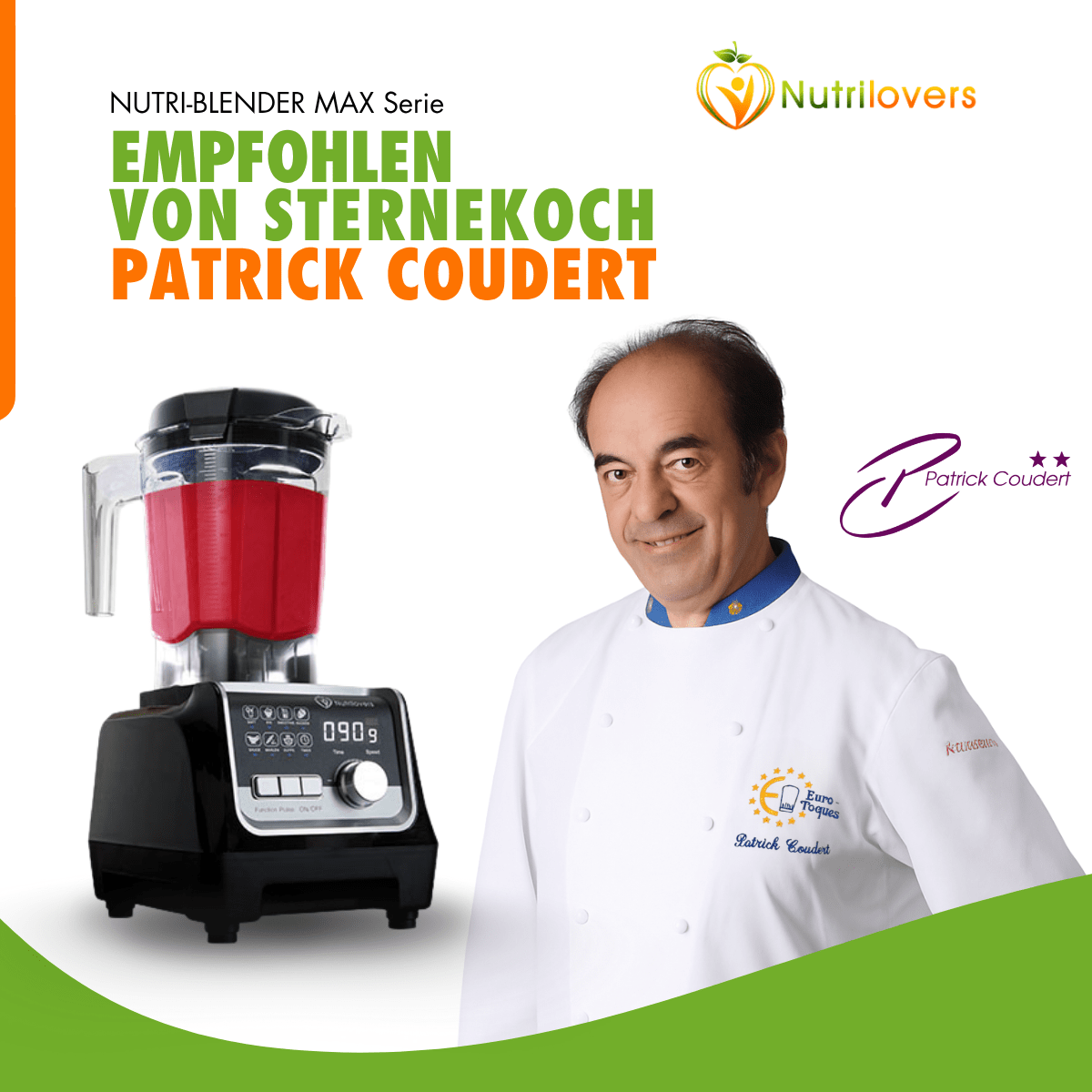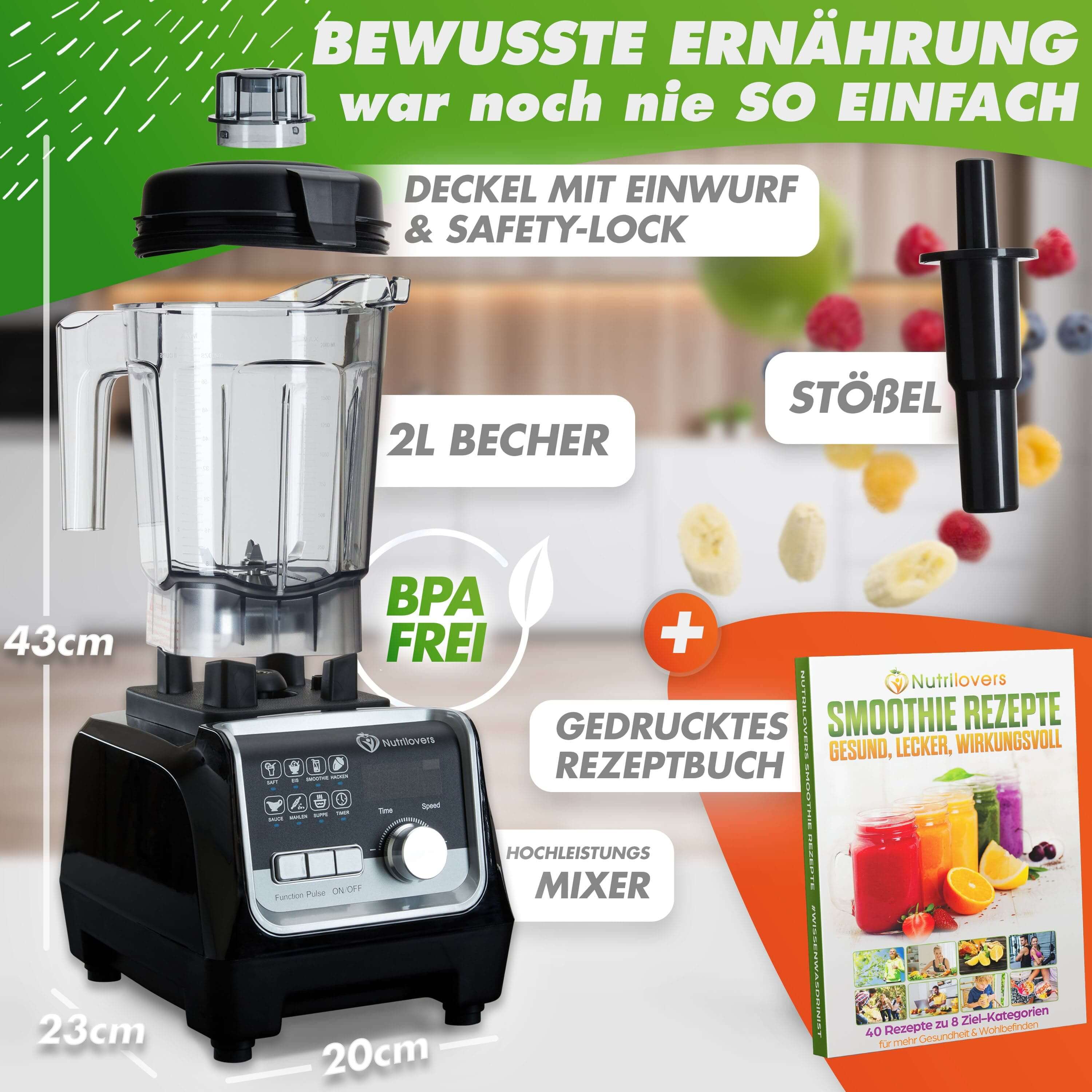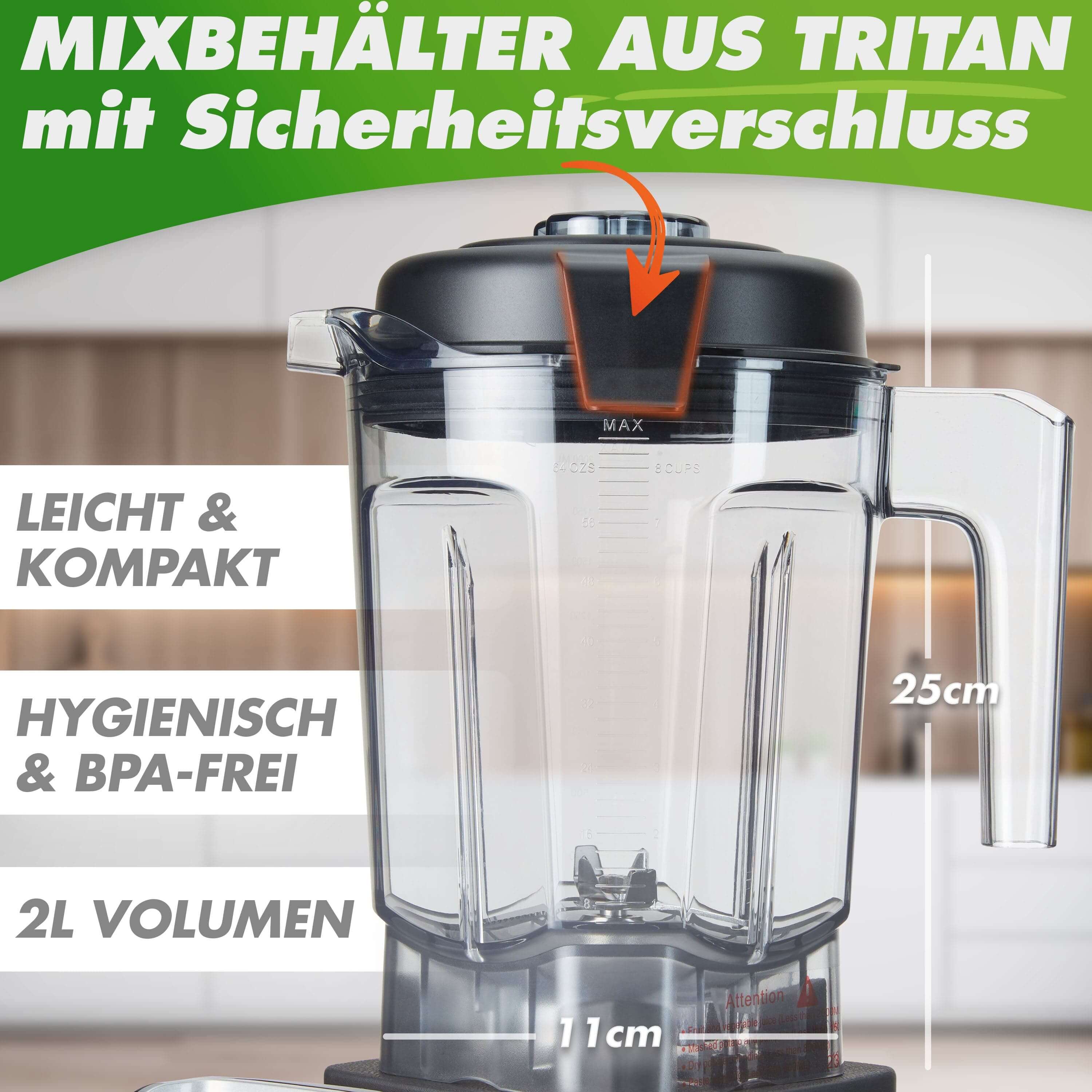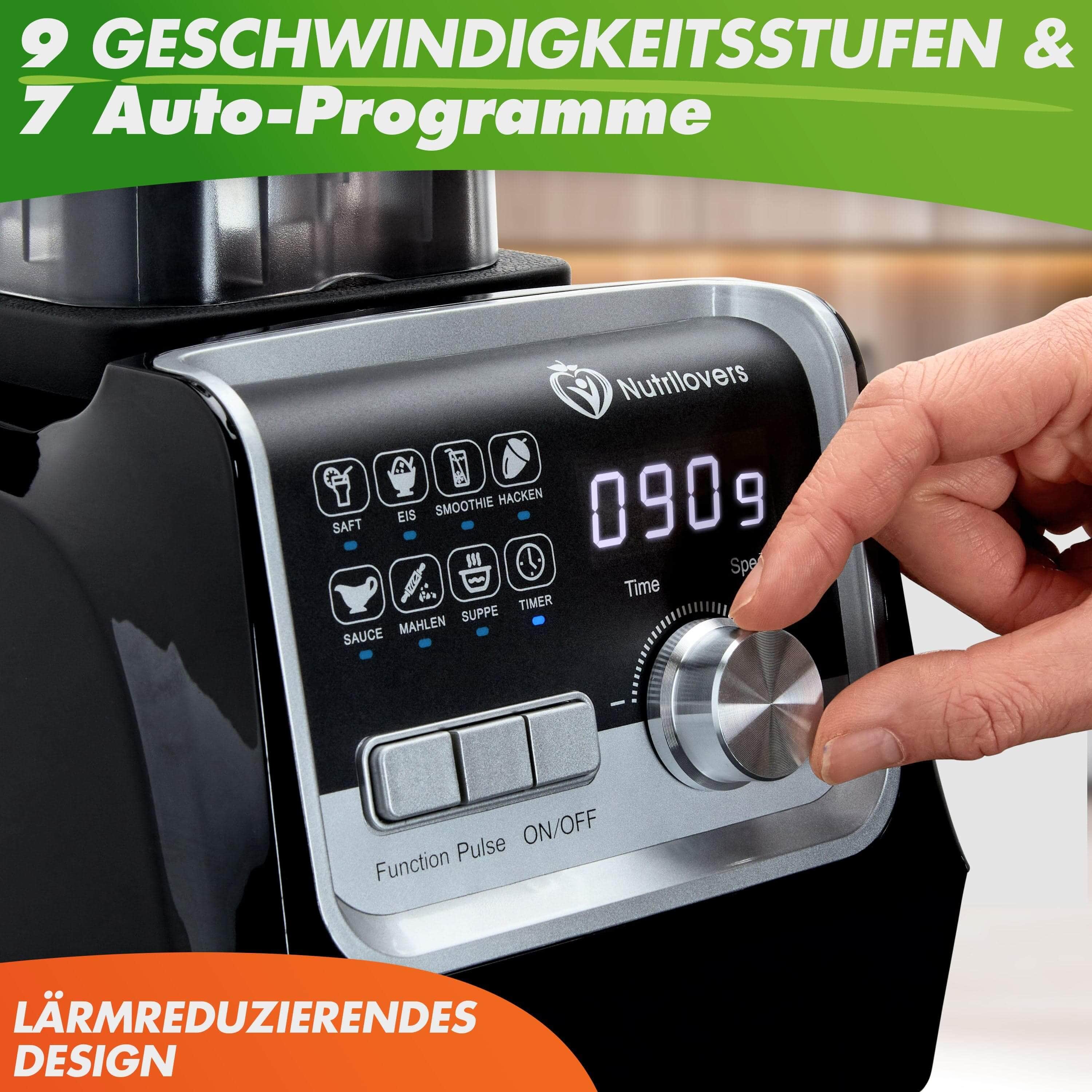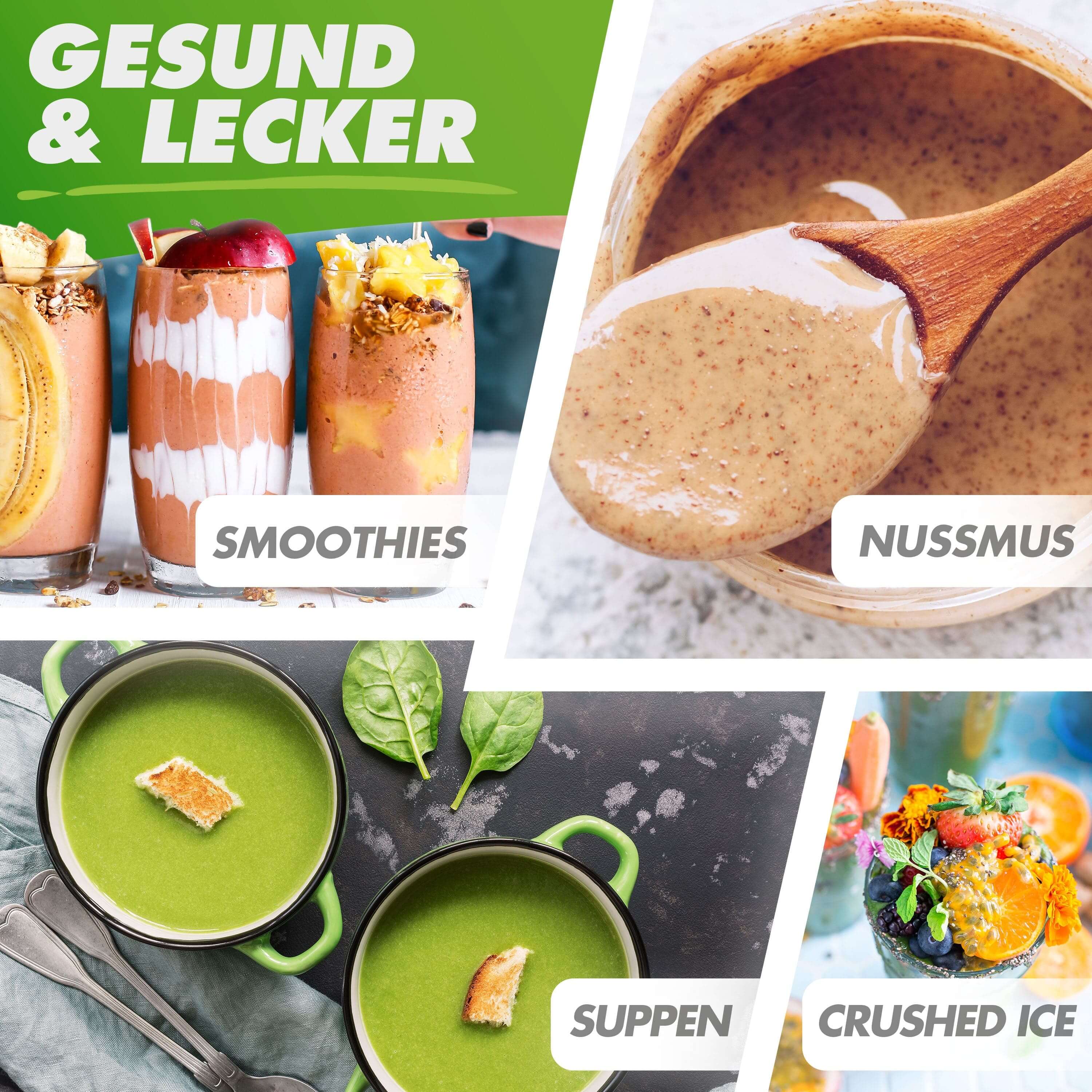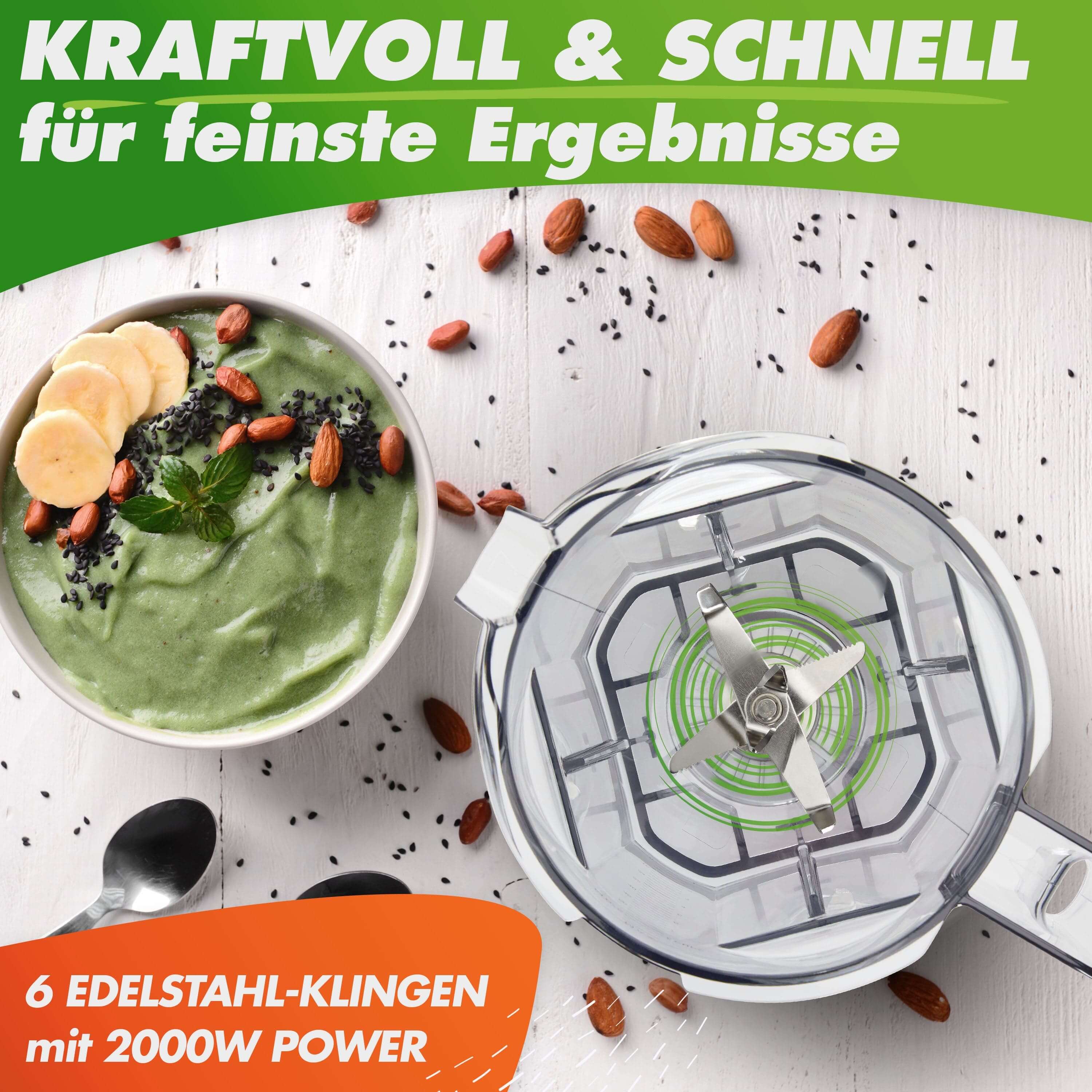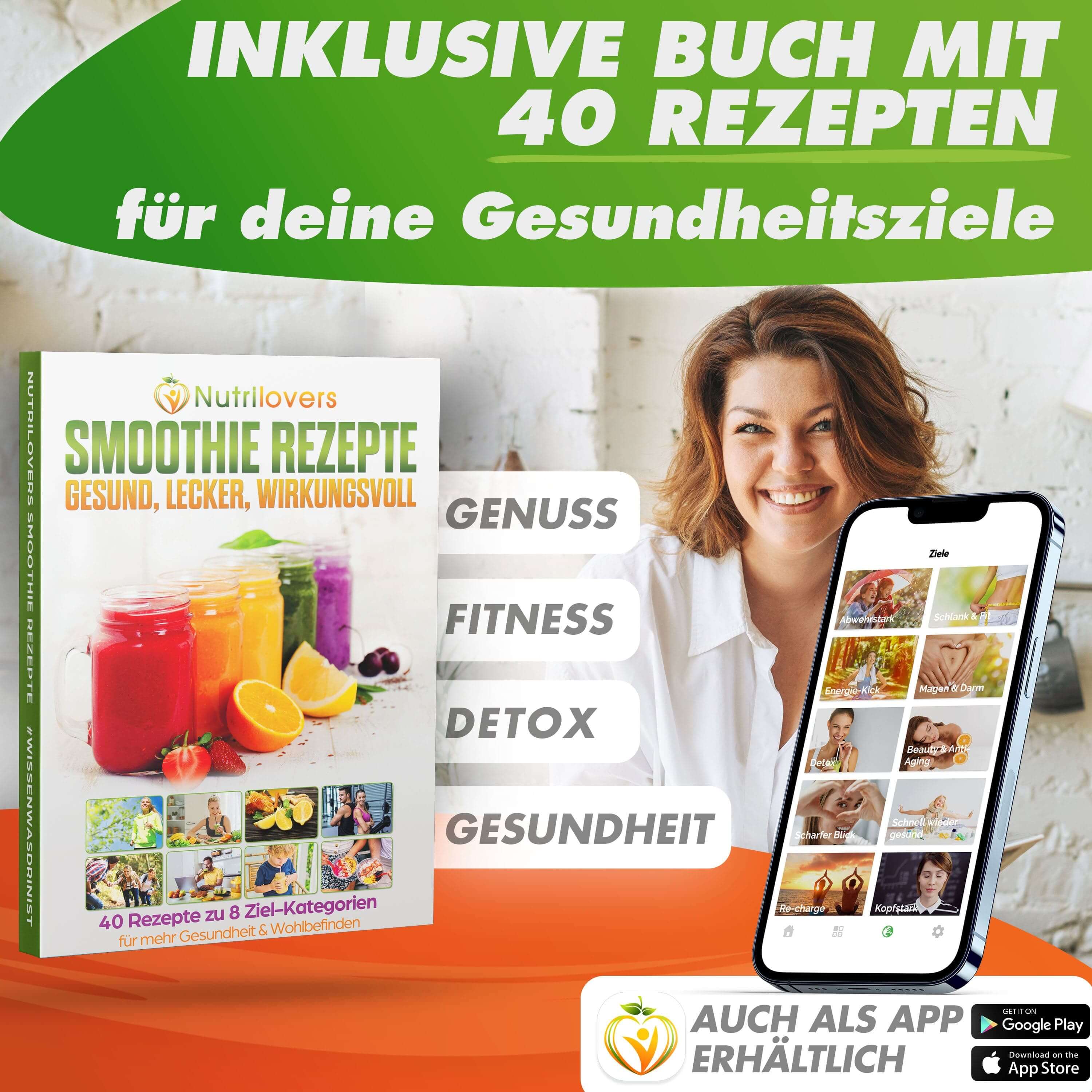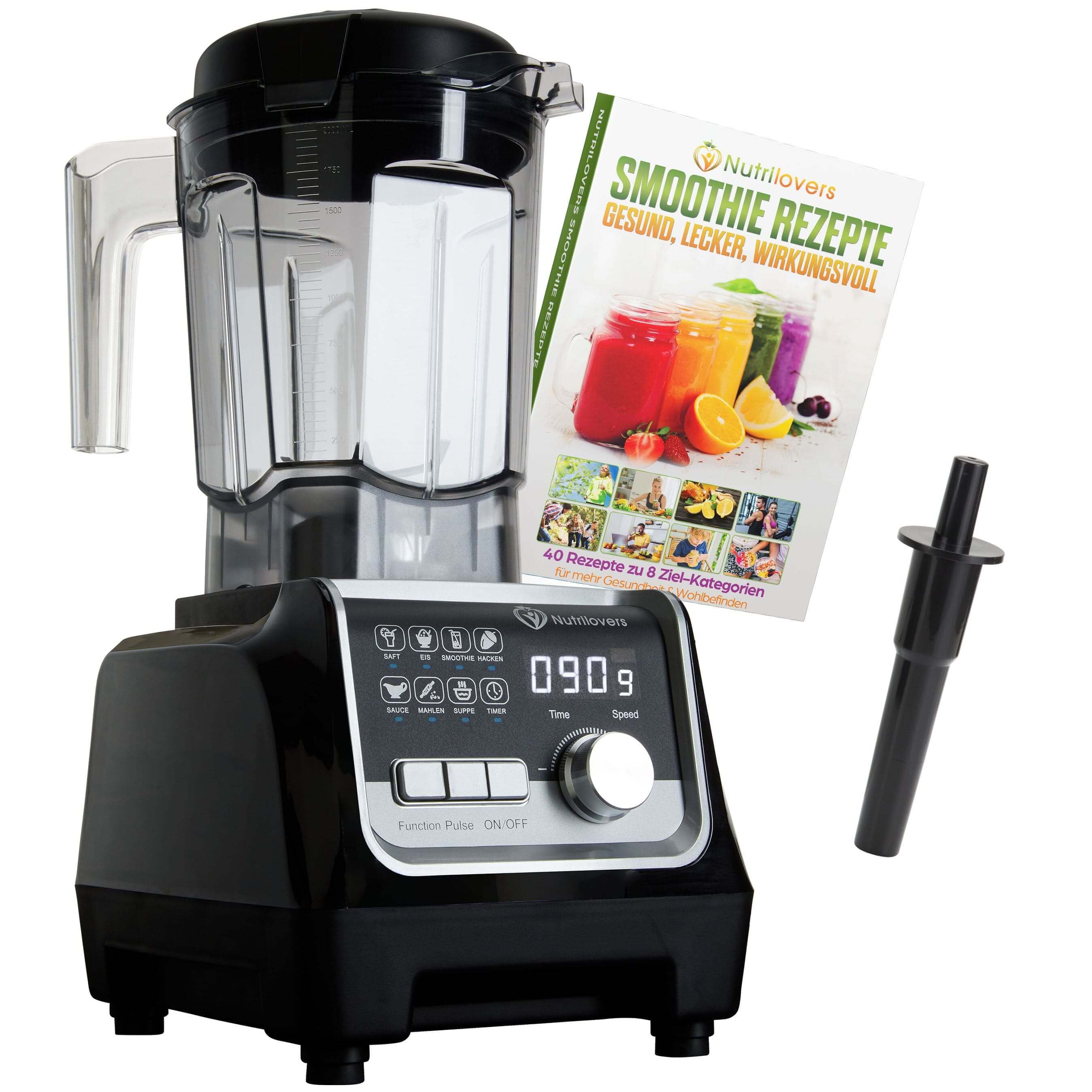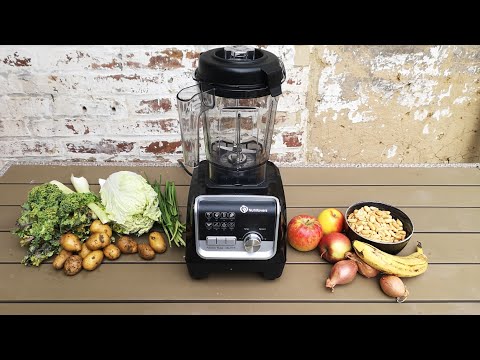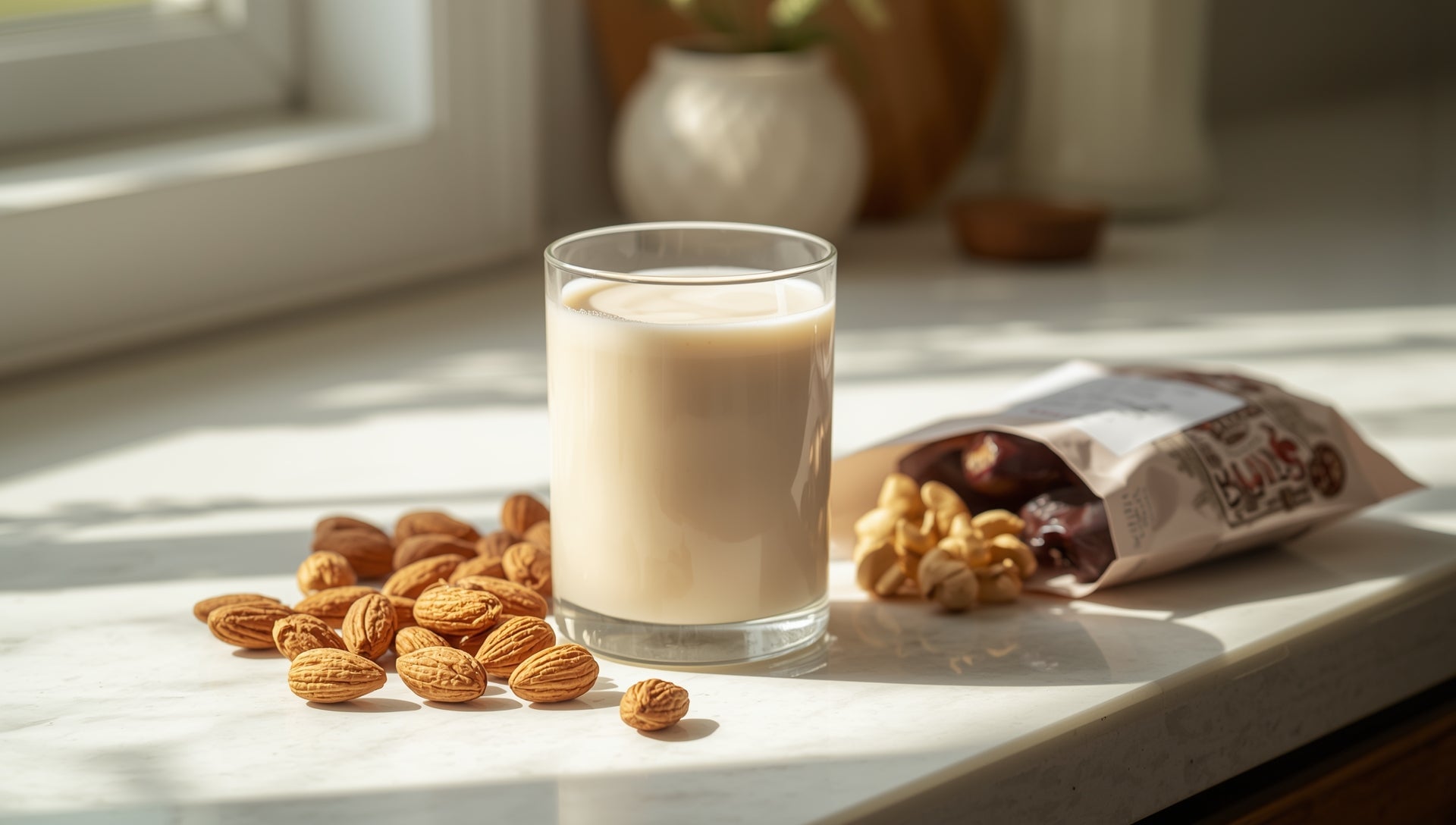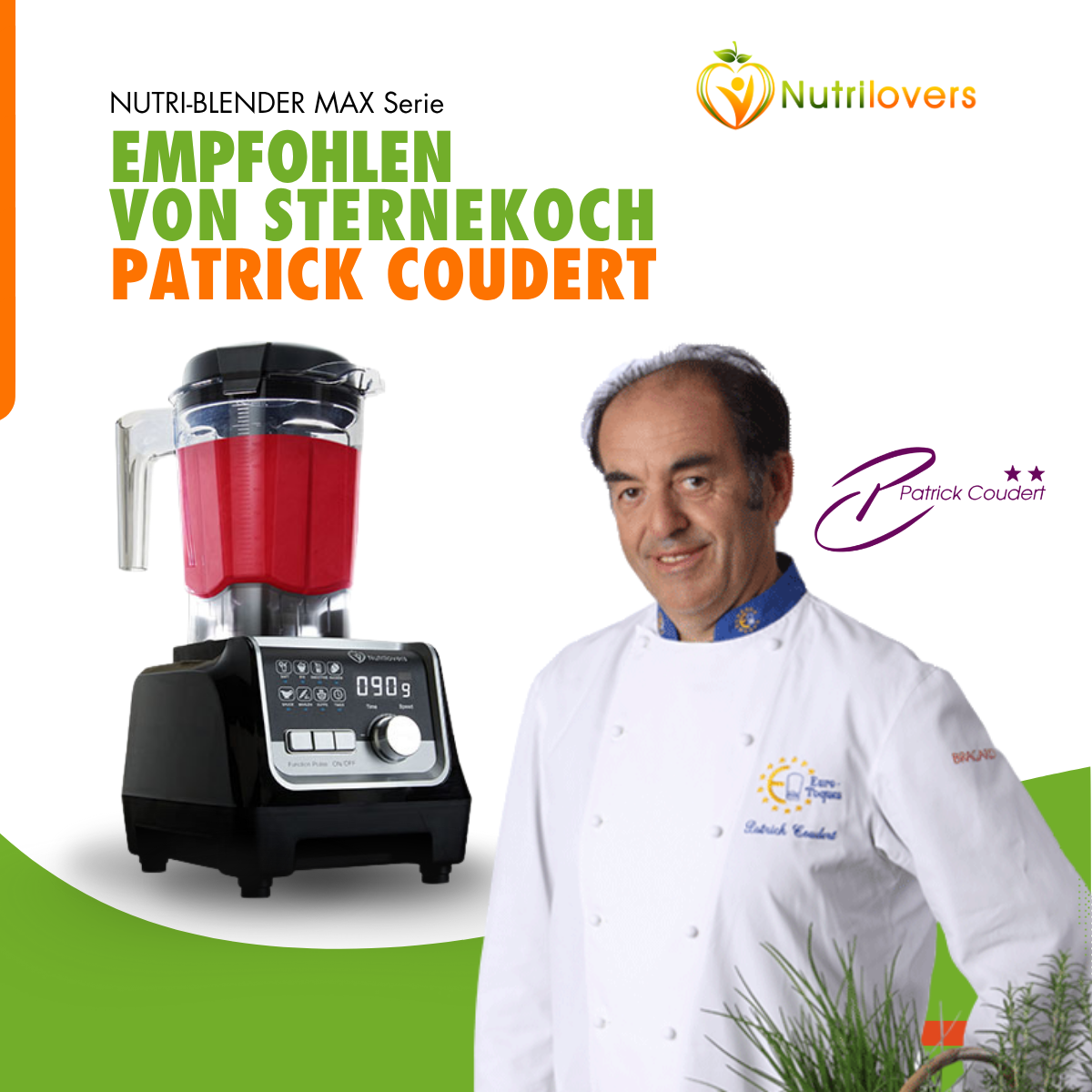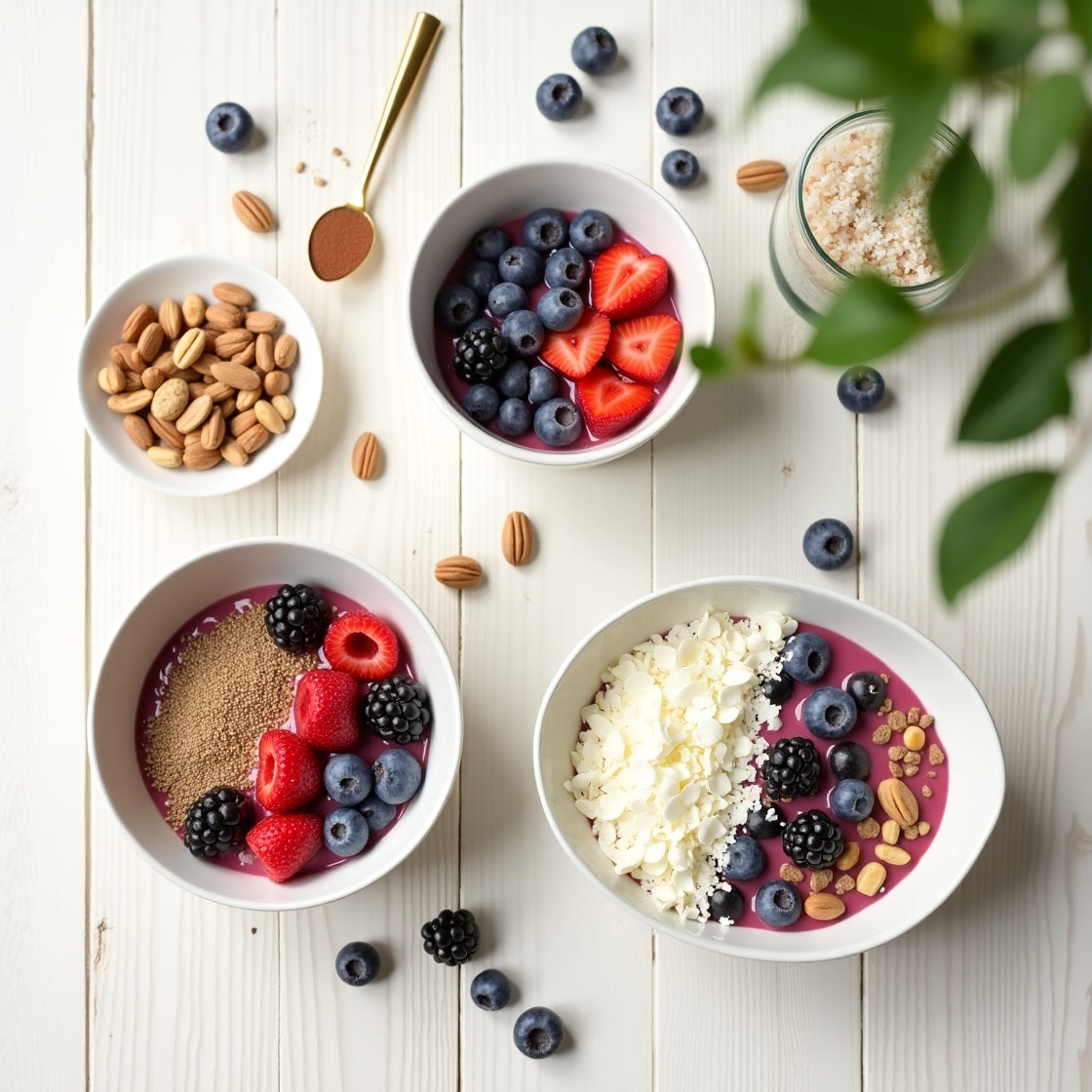No more nutrition hysteria – CleanEating tastes good
The new megatrend from the USA is called clean eating. Are you also slowly getting fed up with nutrition gurus, ultimate diet miracles, and the constant failure of the yo-yo effect? Then you can finally breathe a sigh of relief. The definition of clean eating simply means that you can eat healthily and avoid industrially processed foods. Conscious nutrition with natural ingredients makes it difficult for the marketing lies of corporations . Who would have thought that?!
Where does the trend come from and who invented it?
It's easy to understand that the "new" clean eating trend originated in the USA. In no other country are junk food, fast food, and diet-related obesity more prevalent. Therefore, American nutritionist and author Tosca Reno began thinking about sustainable weight loss and a healthier lifestyle while still being able to enjoy eating. Her resulting clean eating concept was quickly adopted by Hollywood stars like Nicole Kidman, Angelina Jolie, and Halle Berry, who soon became emulated by millions of clean eaters. But beyond the marketing and glamour hype, one could simply say: Mother Nature herself invented it. Hildegard von Bingen, the medicinal plant researcher of medieval Germany, was also a pioneer of healthy eating.
When and how did food become unhealthy?

In principle, "clean" foods existed until the late 1950s. It wasn't until 1958 that the first ready-made meal, a frozen three-component meal, was invented in the USA. Shortly thereafter, "ravioli in tomato sauce" conquered the German market. Sold in cans and filled with pork and breadcrumbs, this pasta was a perfect fit for the new Italian mass tourism. By the early 1970s, cooking was already an absolute no-go for modern women. Shortly thereafter, the microwave boomed. But it wasn't until 2019 that a long-term French study found that both the risk of cancer and mortality was at least 14 percent higher among people who eat primarily ready-made foods than among the healthy-eating reference group.
The Eat Clean Diet – what’s new?
Of course, progress and technology have also brought about nutritional innovations. One of these is the intelligent evolution of the juicer. The so-called slow juicer presses fresh fruit and vegetables much more gently than previous models. In addition to the slow juicer, the practical universal chopper also supports you in making your own clean eating snacks. Delicious snacks are still allowed. The clean eating diet plan even allows for up to six meals a day.
Advantages and disadvantages at a glance
Advantages:
- Fresh food every day
- You know what's inside
- Your body gets what it really needs
- No calorie counting
- No hunger
- Positive effects (weight loss) become quickly visible

Disadvantages:
- Cooking yourself takes more time
- Information about artificial ingredients can be shocking
- Carefully cultivated comfort zones are at stake
- Good quality can be more expensive than junk food
It starts with shopping
Healthy eating gives you time for what's important and makes you more aware of your body's needs. Clean cooking also means cooking with love. Mindful handling of the ingredients of your favorite dishes begins with shopping. Stroll through a farmers' market or trust the good taste of an organic or gourmet store; your new quality of life begins right there. Look forward to visiting the sterile supermarket atmosphere less often. Of course, clean food is also available in supermarkets, and many of these chains now even have shelves reserved for regional and conscious nutrition. You can even find clean eating snacks at discount stores. But shopping fresh, colorful, and without plastic packaging simply makes it more fun, and personal contact with the farmers adds a truly pleasant touch to the experience.
What fits the clean eating diet and what doesn’t?
With a little research, your culinary approach to life will develop naturally. After all, there's hardly a principle simpler than this: The shorter the list of ingredients, the healthier the product. The fresher and more regional, the better. Eat regularly and in a balanced way, and take time to enjoy yourself. Here's an overview of the dos and don'ts for conscious eating:
That's good
Combine good carbohydrates (e.g. whole grains, nuts, seeds, legumes, vegetables, fruit, yogurt, cheese) with low-fat proteins (e.g. hemp seeds and oil, long-aged hard cheese, lean beef, trout and sea bass, peanuts, pumpkin seeds)
Eat plenty of healthy fats. Fats are considered healthy if they contain a balanced ratio of polyunsaturated fatty acids such as omega-3 and omega-6 (e.g., linseed oil, hemp oil, walnuts, salmon).
Drink at least three liters of water per day.
Eat lots of fruits and vegetables.
Prepare your own food.

This is bad
- Sugar and artificial sweeteners (aspartame, isoglycol, etc.)
- Soft drinks (Cola & Co)
- Ready meals, fast food, junk food
- White flour and foods made from white flour and sugar (burger buns etc.)
- Diet dishes
- Regular alcohol consumption
- Calorie bombs (cakes & co)
Develop your personal clean eating plan

Even though six meals a day are recommended, this is by no means a requirement. The great thing about the clean eating diet is that it's not really a diet at all. It's best to consider which meals you enjoy most when and then examine the ingredients. Anything unhealthy junk goes out and is replaced with wholesome alternatives. Start the day with a healthy breakfast, for example, by replacing your instant muesli with homemade porridge. Not only does it taste much better, it also pampers your digestive tract without making you feel bloated.
It's truly delicious during the day when you make your own slow juice . This freshly squeezed juice gives you energy, because slow juicing is particularly gentle. You can make your own ketchup, pesto, or peanut butter in no time with the food processor . Just trust your gut. When your fridge and pantry are filled with healthy, fresh produce, nothing can go wrong. There's no risk involved. A positive side effect: Not only does your health benefit, but so does your creativity and zest for life.
Recipe Energy Bombs :

Ingredients:
1/2 organic orange
50 g oat flakes
75 g dried dates (apricots/figs)
25 g almond kernels
25 g peeled hemp seeds
2 tbsp forest honey
2 tbsp organic sesame seeds
Juice half an orange and mix two tablespoons with the oats. Halve and pit the dates and place them in your food processor along with the almonds and hemp seeds. If desired, add another tablespoon of orange juice to the processor. Then mix the mixture with honey and stir in the oats. Briefly toast the sesame seeds without oil in a non-stick pan and let them cool on a plate. Form the mixture into small balls and roll them in the toasted sesame seeds. Let them dry on a baking sheet lined with parchment paper for at least an hour. For a wider variety of flavors, use dried apricots, figs, or raisins instead of the dates. Enjoy!
Conclusion
This nutritional concept is healthy for everyone, so we highly recommend it. Our motto is: "Know what's in it." Only honesty and transparency earn your and our trust. We ourselves are not committed to any particular trends and are therefore open to anything that promotes health. We love the principle of the clean eating movement because it aligns with our philosophy of regional and seasonal freshness and fairness. We say no to industrial mass production and want to support our small-scale farmers who share our commitment to biodiversity, diversity, and fair treatment of people and animals.
Sources
http://www.euro.who.int/en/health-topics/disease-prevention/nutrition
https://www.foodwatch.org/de/informieren/taeuschung-irrefuehrung/
https://www.bmj.com/content/365/bmj.l1949


